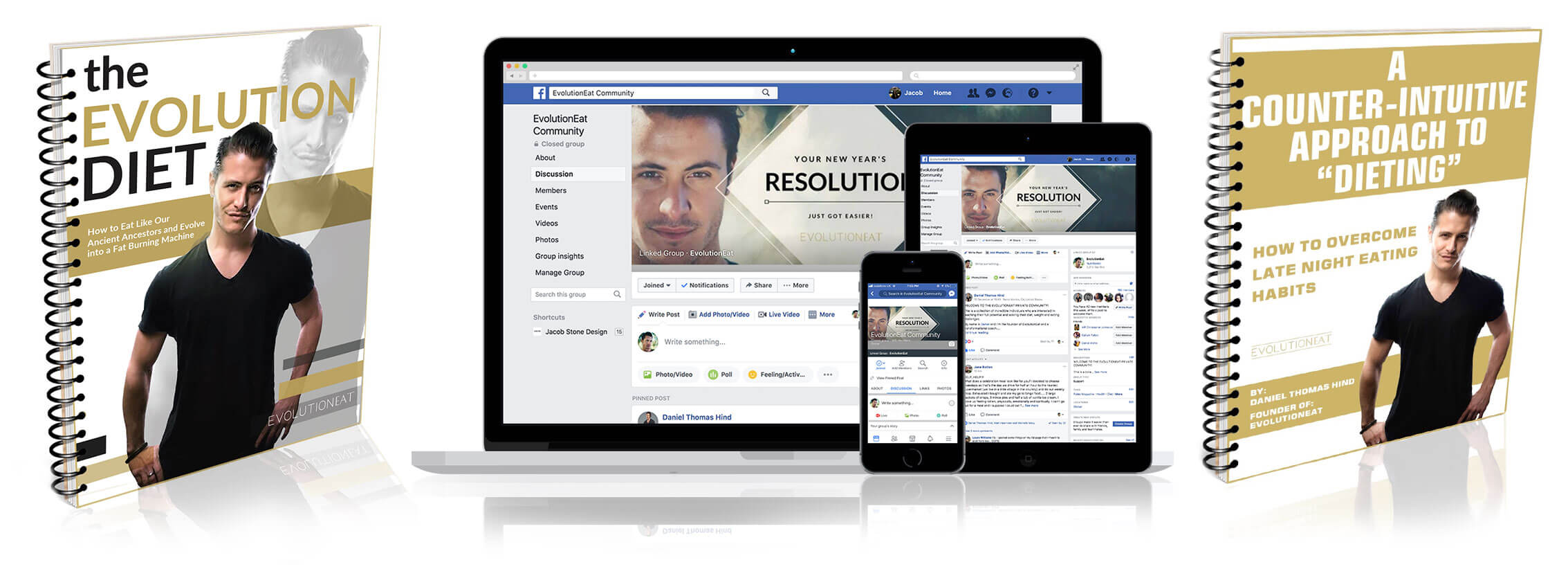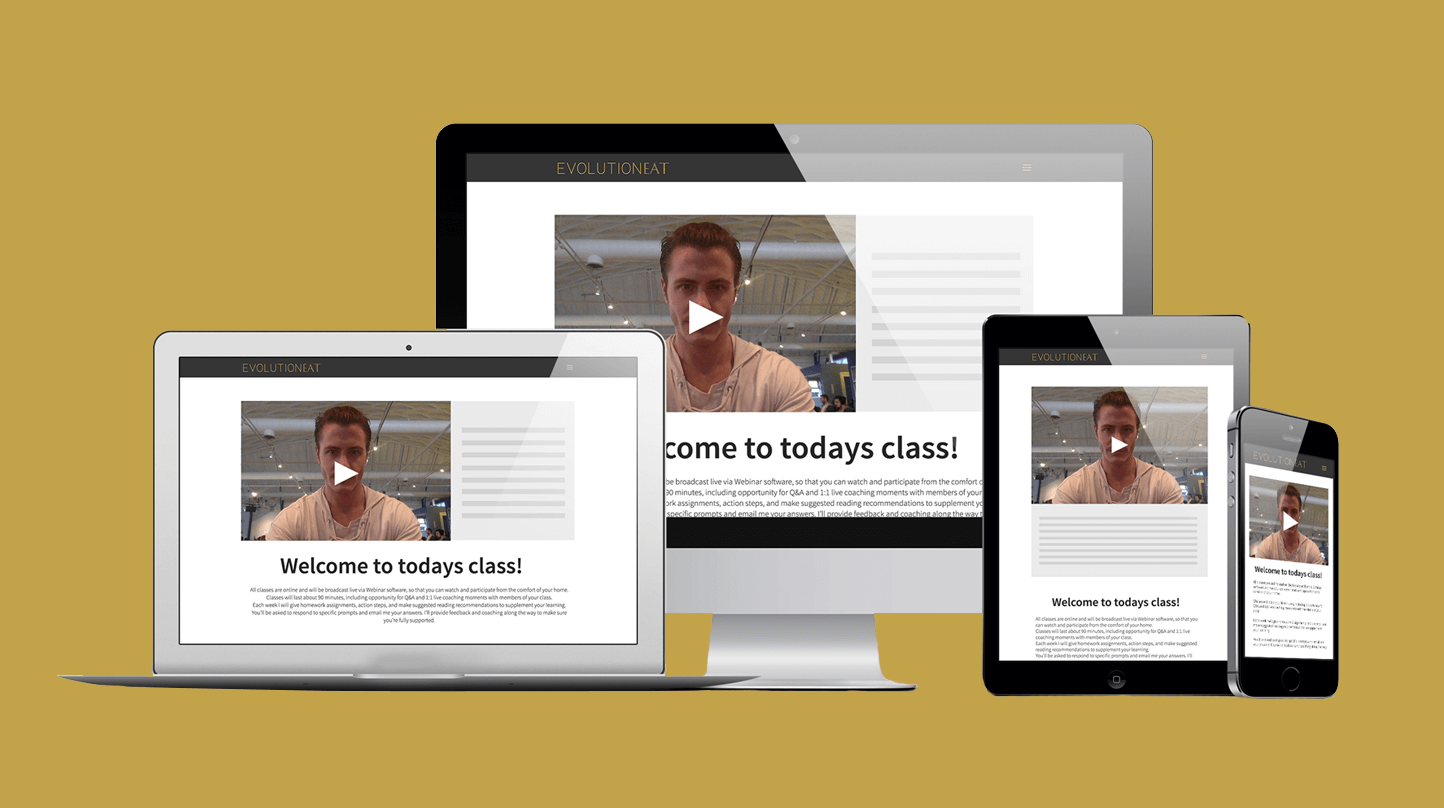Your life isn’t linear.
Progress is not linear.
Nothing is inevitable. Your current state does not define a future outcome, nor does it represent a fixed identity.
We must embrace the lows, we must scrape and fall, in order to grow. Growth may only occur from investing in your vulnerabilities, in your weaknesses, in the unknown.
How could you possibly know how to deal with the unknown until you face it?
Your inability to immediately master a foreign concept or problem doesn’t render you weak or stupid; it renders you fierce for facing it. Stare it dead in the eye and your confidence will grow. You’ll come back to center when you see that on the other side of fear is life per usual, only a little different.
You’ll have gained something. An understanding, intuition, dexterity…confidence. Commit to the process. Face your fear.
Investing in Vulnerability
One client of mine is working with me to overcome her eating disorder. Simply put, she doesn’t eat enough and micromanages every food choice she makes. We’re constantly working to train what she considers imperfection into her life—which means eating meals without measuring everything out first. The goal is to inspire flexibility, which will have ripple effects outward into other areas of her life. By letting go of control, my aim is to help her learn to enjoy life’s surprises—the types of moments that usually change us.
Investing in Loss.
You must first lose in order to win. Growth can only come from investing in your vulnerability, in your weakness. That’s how you get strong, that’s how you master something.
It’s incredibly important to have perspective of your shortcoming, to not judge yourself, and to realize that you have much to learn. Investing in loss is a common practice of those with a clearly defined growth mindset.
If “ability” is a changeable trait then it can be developed through learning and experience. Learning, by definition and theme, means overcoming deficiencies. Investing in a deficiency is by proxy an imperfect task: you will make mistakes. Knowing that is empowering. Failure is painful but doesn’t define you. It’s a problem to be faced, dealt with, and learned from.
MJ Baby
Michael Jordan holds the record for making the most last-second, game-winning shots in NBA history. He also holds the record for MISSING the most last-second shots in NBA history. He invested in loss to build confidence.
Get it?
Client Case Study: Molly
One client of mine was working with me to overcome her sugar addiction. She had a pronounced craving for sweets, particularly in the middle of the day—an emotional attachment and form of novelty seeking.
We were making tremendous progress until one day, after class (she was a high school teacher), her boardroom was covered with cupcakes and Skittles for a fellow teacher’s impromptu birthday celebration. Unprepared, she went wild and reached out to me immediately afterward expressing feelings of shame, calling herself a failure. Rather than entertain that perspective, I reminded her that we’d only been working together for 4 weeks at the time, whereas for as long as she could remember she felt controlled by sugar and sweets.
I told her how much I appreciated her commitment to the process and that, as we’ve only just begun, we have a long way to go, which is okay and should alleviate her sense of pressure to “get it all at once.” I reminded her that perfection is impossible and dangerous; rather than judge herself (which serves nothing and only impedes learning).
“What can we learn?”
I encouraged her to come up with a game plan for next time—a useful visualization practice in which you mentally plan for obstacles, simulate the experience, and gain perspective for when reality hits. Then I asked what she learned from this go-around, what she could apply to a similar future event. She noticed that she’d gone 6 hours without eating, because school was letting out early that day, and she had planned to grab a late lunch with a friend.
The actionable takeaway? Be prepared by having transportable snacks on your person to satisfy the cue (sugar) and replace it with something healthier (almonds and a banana, in Molly’s case).
See?
Now we’re getting somewhere. If, instead, Molly went home and cried and binged on candy to make herself feel better, where would we be? She’d likely wake up the next day and beat herself up, kill herself at the gym for two hours while eating next to nothing to punish herself and “make up for it.”
Or, even worse—she might have used that one mistake as proof that she sucks, she’s a failure, that she can’t do this diet thing after all, and that there’s no use. That’s how most people approach dieting.
But remember, that’s why we’re not on a diet. We’re adopting a new way of life. You can’t escape the way of life, you can only accept it and grow from it. You can turn your mistakes into actionable takeaways. That’s how successful people accelerate beyond their peers.
You can be a success. It’s about your attitude. Your mindset. We’re coming full circle back to mindset here.
Molly’s words directly: “I can run marathons and get advanced degrees but I can’t stay out of the cookie jar? Daniel helped to change my idea of success by setting my goal to ‘good enough.’ By not ‘playing to perfection’ I was able to let go of an enormous amount of (unnecessary) shame that had been holding me back.”
Powerful.




